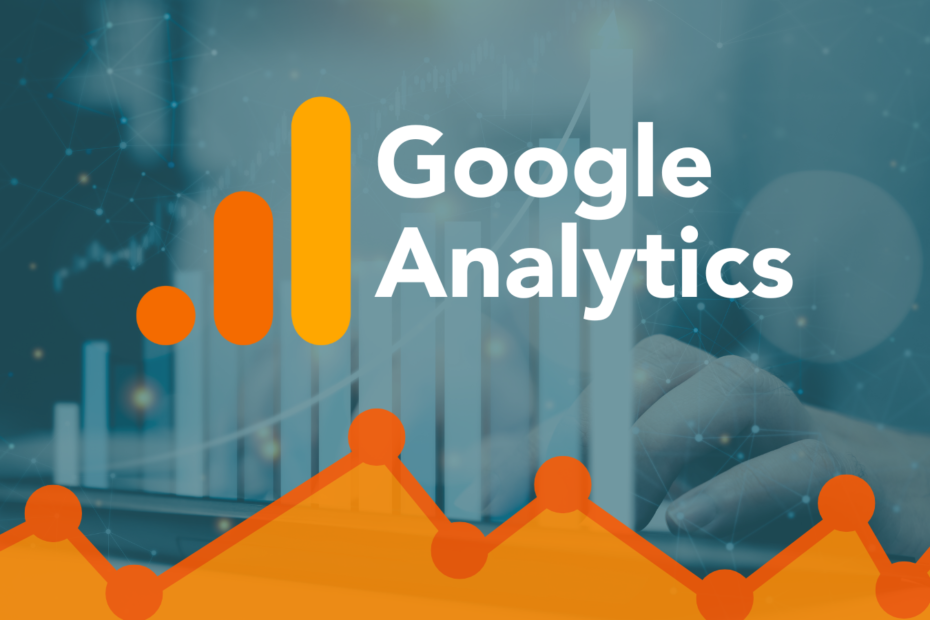The Digital Transformation Landscape
Imagine standing at the intersection of technology and human behavior, where every click, scroll, and interaction tells a story. This is the world of web analytics, and Google Analytics has been the primary narrator of these digital narratives for over a decade.
When the internet first emerged, tracking website performance was akin to navigating uncharted waters. Businesses had minimal understanding of user interactions, relying on rudimentary metrics and guesswork. Then came Google Analytics, revolutionizing how organizations comprehend their digital presence.
The Evolution of Digital Intelligence
The journey of web analytics mirrors the broader technological revolution. In the early 2000s, websites were static billboards, with minimal interaction tracking. Google Analytics emerged as a groundbreaking platform, transforming these digital spaces into dynamic, intelligent ecosystems.
Market Penetration: The Numbers Speak Volumes
As of 2024, Google Analytics dominates the web analytics landscape with remarkable statistics. Approximately 55.49% of all websites globally utilize this platform, representing an unprecedented level of market penetration. This translates to nearly 30 million websites relying on Google‘s analytical prowess.
Global Adoption Patterns
Different regions showcase unique adoption patterns. The United States leads with 4,122,067 active Google Analytics users, representing a significant portion of the global digital ecosystem. European markets follow closely, with countries like the United Kingdom, Germany, and France demonstrating robust implementation strategies.
Technological Foundations: How Google Analytics Works
At its core, Google Analytics is more than a tracking tool—it‘s an intelligent system that decodes complex user interactions. The platform employs sophisticated algorithms to transform raw data into meaningful insights, helping businesses understand their digital audience‘s behavior.
The Event-Based Tracking Model
Google Analytics 4 (GA4) introduced a revolutionary event-based tracking model. Unlike traditional session-based approaches, this model provides a more holistic view of user journeys across multiple platforms and devices. Each interaction becomes a narrative piece, contributing to a comprehensive understanding of user engagement.
Case Studies: Real-World Impact
E-commerce Transformation
Consider the case of an emerging e-commerce brand that leveraged Google Analytics to redesign its user experience. By analyzing bounce rates, conversion funnels, and user flow, they identified critical friction points in their purchasing process. The result? A 35% increase in conversion rates and a significant reduction in customer acquisition costs.
Media Platform Optimization
A digital media platform used advanced segmentation techniques within Google Analytics to understand audience preferences. By tracking content consumption patterns, they personalized recommendations, leading to a 50% increase in user engagement and extended session durations.
Privacy and Ethical Considerations
The digital landscape is increasingly privacy-conscious. Google Analytics has responded by implementing robust anonymization techniques and consent-based tracking mechanisms. These features ensure businesses can gain insights while respecting user privacy regulations like GDPR and CCPA.
Investment and Strategic Implementation
For businesses considering web analytics investment, Google Analytics offers tiered solutions:
- Free Version: Ideal for small businesses and startups
- Google Analytics 360: Enterprise-level solution with advanced features
- Custom Implementation: Tailored solutions for specific organizational needs
Cost-Benefit Analysis
The return on investment for implementing Google Analytics can be substantial. By understanding user behavior, businesses can:
- Optimize marketing spend
- Improve user experience
- Increase conversion rates
- Reduce customer acquisition costs
Future Trends and Predictions
Artificial intelligence and machine learning are set to further transform web analytics. Predictive modeling will enable businesses to anticipate user behaviors, creating more personalized and responsive digital experiences.
Emerging Technologies
- Advanced machine learning algorithms
- Cross-platform tracking
- Real-time personalization
- Predictive user behavior modeling
Practical Implementation Strategy
Successfully implementing Google Analytics requires a strategic approach:
- Clear objective setting
- Comprehensive data integration
- Regular performance reviews
- Continuous learning and adaptation
Conclusion: The Intelligent Digital Ecosystem
Web analytics has transcended traditional tracking, becoming an intelligent system that provides deep insights into human digital behavior. Google Analytics stands at the forefront of this transformation, offering businesses a powerful lens to understand and optimize their online presence.
As technology continues to evolve, those who embrace data-driven decision-making will lead the digital revolution.
About the Research
This comprehensive analysis draws from global market reports, technology assessments, and insights from leading digital transformation experts.
